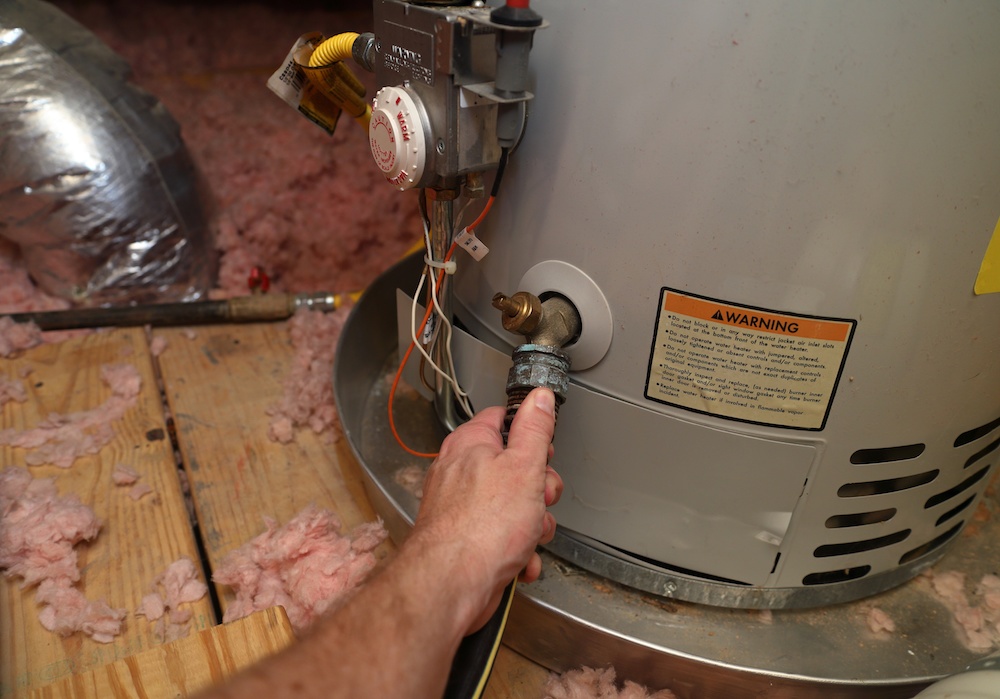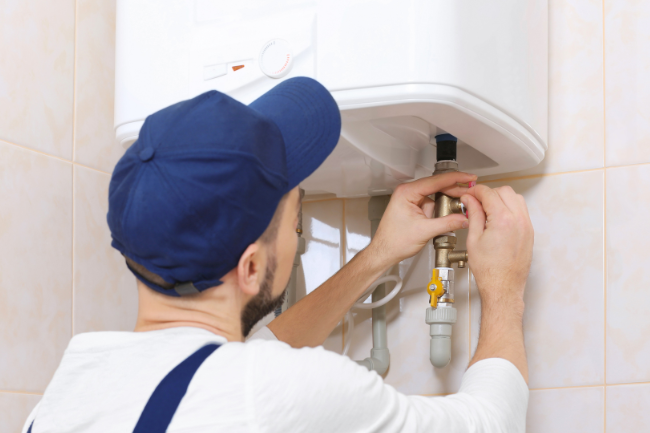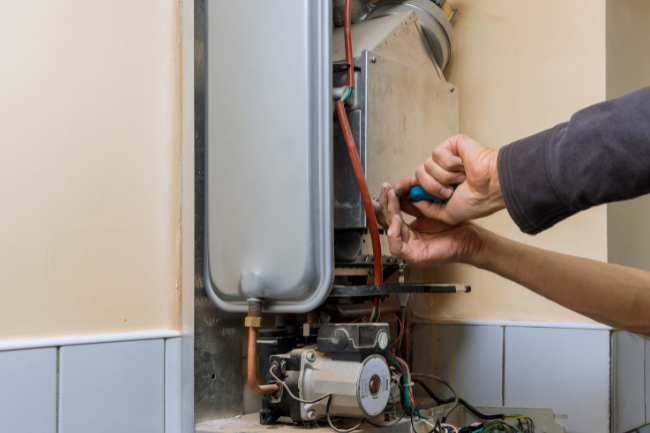How Many Years is a Water Heater Good For?
Posted by William Heinselman on

Your water heater is one of those everyday appliances that you probably don’t think about very often, but when it stops working, everything in the house grinds to a screeching halt. From morning showers to hard-to-clean dishes, losing hot water can disrupt several daily tasks and put everyone on edge. Sometimes the problem is relatively minor and easy to fix, a simple thermostat or heating element gone bad. But water heaters see a lot of use and sooner or later, they’re going to need to be replaced.
So How Many Years DOES a Water Heater Last?
This seemingly straightforward question is not as easy to answer as it appears. A typical hot water heater usually has a five or six year warranty, regardless of whether it’s gas or electric. However, there are more expensive units available with longer warranties, often up to ten years. While less common, there are also fiberglass units with lifetime warranties and stainless steel units that can last many years longer than a standard unit.
So all things being equal, you should expect a brand new water heater to last at least until the end of the warranty without any trouble. After that point, things get a little less certain. The average lifespan of a typical water heater being sold today is usually around 10 to 13 years, depending upon a range of factors.
Tankless water heaters, of course, have an entirely different life expectancy. Since they heat water as its needed, these models are not subjected to the same moisture and corrosion strains as a conventional unit. While their warranties usually cover them for about 10 years, they could last up to 20 years.
Why Do Water Heaters Go Bad?
In an overwhelming number of cases, water heaters fail due to tank corrosion. Water heater tanks are made of metal and lined with a very thin coating of glass on the interior to guard against corrosion. However, the constant pressure fluctuations within the tank, caused by the expansion of heated water, will eventually compromise this thin coating and allow water to come into contact with the metal lining.
Once the tank begins to rust, failure is only a matter of time. There is no magic treatment to reverse corrosion inside a hot water heater. Within a few years, the metal will deteriorate to the point that a leak forms. When your unit starts to leak, it’s time to look into having it replaced. If your hot water heater is in the attic of the home, be sure to check in on it from time to time to make sure there’s no evidence of leaking. Replacing a water heater is a hassle enough; you don’t want to add expensive water damage to the mix.
Can You Extend a Water Heater’s Life?
While there’s no cure for a rusting tank, there are a few regular maintenance measures that can extend the life of a water heater. Corroding tanks produce sediment that builds up inside the bottom of the tank. While it’s possible to clean some of this sediment out by using the drain valve to flush the unit, remember that this will do nothing to stop the rust problem. Flushing the tank regularly (about once a year) is still a good idea, however, because left unattended, the sediment can clog the drain valve and potentially accelerate internal corrosion. In serious cases, it can affect the internal pressure of the tank, causing it to burst.
Most water heaters also come with an anode rod installed to delay the corrosion process. Made from a steel wire that’s surrounded with magnesium, aluminum, or an aluminum/zinc alloy, this long rod is inserted through the top of the tank and into the water to attract corrosive elements. Plumbers often refer to the anode rod as the “sacrificial lamb” because it’s primary purpose is to rust away to protect the rest of the tank.
A typical anode rod lasts about five years and can be easily replaced. Some units may have more than one of them. In fact, many extended warranty water heaters are little more than standard units with extra anode rods installed! Replacement rods can be purchased relatively cheaply, so replacing them after the five year mark is an inexpensive way of potentially extending the life of a water heater.
Like any other appliance, hot water heaters provide a convenience that many people take for granted. With a bit of care and attention, however, it’s possible to extend the life of a unit for many years beyond its original warranty. If you’re unexpectedly confronted with a leaking or damaged unit, it’s best to call a licensed plumbing contractor as quickly as possible. The combination of high heat and high pressure make water heaters a challenging appliance to work with, so it’s often best to trust the job to an experienced professional.
Topics: Water Heaters







